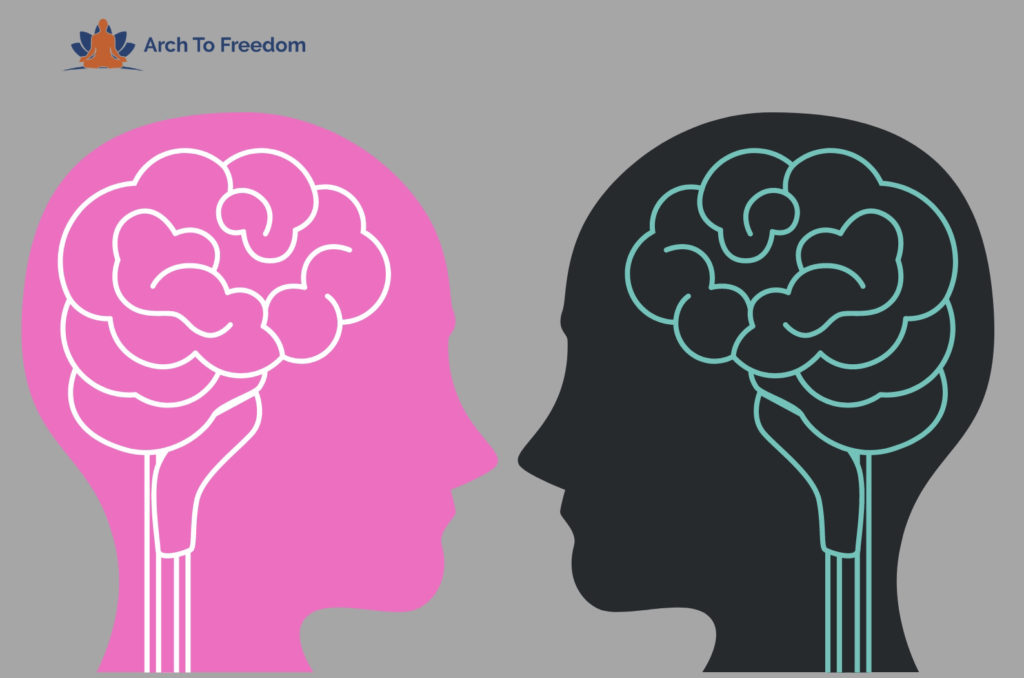Dual diagnosis, also referred to as co-occurring disorder, has been defined as the comorbidity of at least one substance use disorder (SUD) and one severe mental illness (SMI).
Recent studies have shown a strong relationship between the prevalence of mood and anxiety disorders and substance abuse disorder (SUD). Articles published in the Journal of the American Medical Association indicate roughly 50 percent of individuals with severe mental disorders are affected by substance abuse, 37 percent of alcohol abusers, and 53 percent of drug abusers also have at least one serious mental illness, and of all the people diagnosed mentally ill, 29 percent abuse either alcohol or drugs.
Many scientists believe there are three possible explanations as to why these disorders occur together so often.
- Common risk factors may contribute to both disorders, including: genetics, stress, or trauma
- Having a mental disorder may contribute to developing a substance use disorder. Meaning that the mental conditions are such that the individual may engage in self medication. Or even that the mental disorder itself has changed the brain so that an addiction is more likely to take hold.
- Likewise, having a substance use disorder may contribute to developing a mental disorder. This describes the addiction changing the brain in ways that make a mental disorder likely.
The best treatment for co-occurring disorders is an integrated approach that addresses the substance abuse disorder and the mental health diagnosis simultaneously. Whether the substance abuse or mental disorder came first, long term recovery depends on getting treatment for both.
Traditional sober living environments do an exceptional job in the realm of behavior modification, but here at Arch to Freedom we noticed that this approach does little to treat any underlying conditions that contribute to the addiction. Which is why we introduced the Touchstone program. This holistic approach to treating addiction has been transformational for our residents; 84% of Touchstone residents, who participated longer than 30 days, have maintained sobriety after leaving our program. Our case managers plan, facilitate, coordinate care, evaluate and advocate for options and services that meet our residents and their families health needs. In addition to individual case management, we offer and encourage a range of conventional and complementary therapies including 12-step fellowship programs, mindfulness based outings, spiritual teachings, community events, and other opportunities for the connection and growth that we foster.

